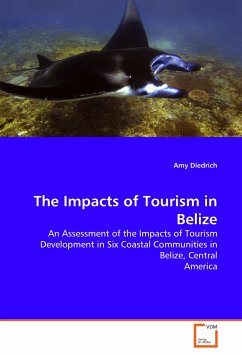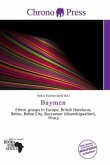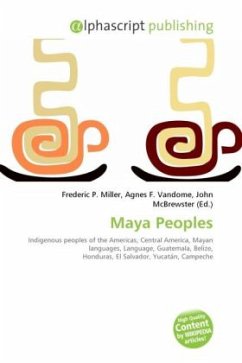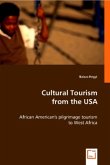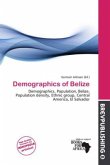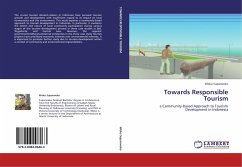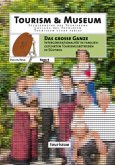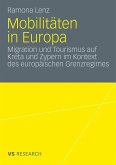The purpose of this study is to assess the environmental, socio-cultural, and economic impacts of tourism development in coastal communities in Belize. A multi-method ethnographic approach was used to gather extensive qualitative and quantitative data from six coastal communities in Belize from March - November 2005. The findings illustrate that, as tourism develops in Belize, so do its associated impacts. Proportionately, the findings also suggest that, to date, the positive impacts are outweighing the negative. What is abundantly clear, however, is that Belize's image as an undiscovered ecotourism paradise is on the cusp of shifting into that of a mass tourism destination. Tourism in Belize has yet to pass the critical threshold where the natural and cultural resources become so degraded that it loses its competitive edge in the tourism market, an often irreversible situation that can be economically devastating. The key to Belize's future as a tourism destination will be to recognize the advantageous position it holds, where it still has the power to shape its future as a tourism destination through a mindful, monitored, precautionary approach to tourism development.
Bitte wählen Sie Ihr Anliegen aus.
Rechnungen
Retourenschein anfordern
Bestellstatus
Storno

